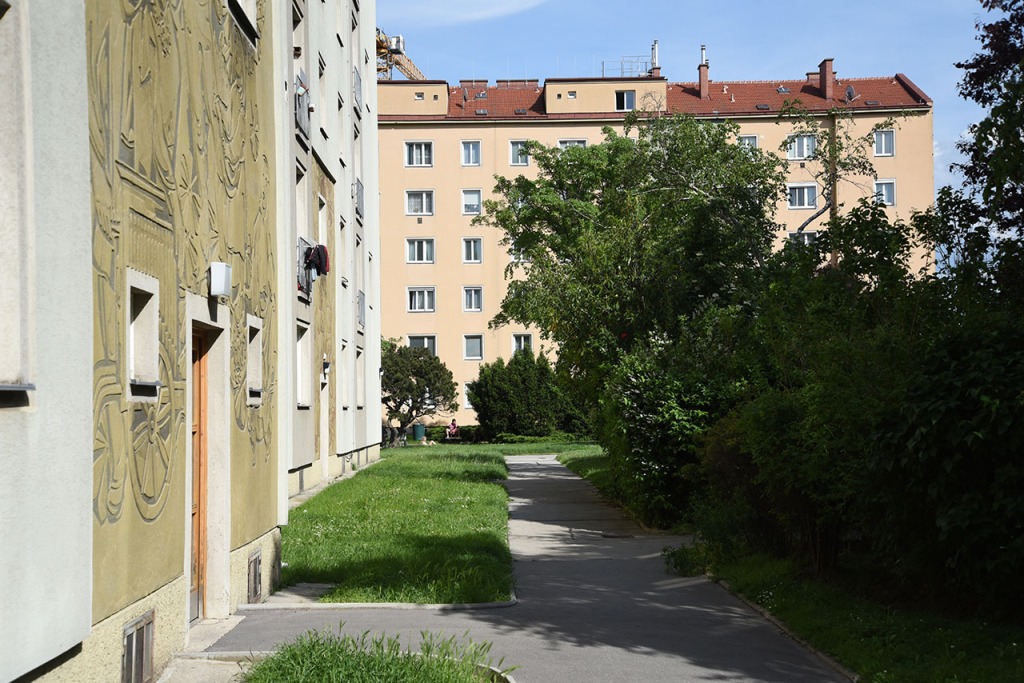
Vancouver City Council has a Regular Meeting and a Public Hearing scheduled for Tuesday, May 7th, and a Committee Meeting on Wednesday, May 8th. The Park Board has meetings on Monday, May 6th.
Park Board will review a Staff Report on Spanish Banks Parking Fees on Monday night. This item will likely draw a lot of interest, as parking is currently free. Staff are recommending a $1/hour parking fee starting in July, to commence a one-year pilot project. There would be reduced parking fees, to be determined, in the off-season (October to April).
The Alcohol on Beaches re-pilot for 2024 (June 1 to September 30) would include Jericho Beach, John Hendry (Trout Lake) Beach, Kitsilano Beach, Locarno Beach, New Brighton, Spanish Banks, and Stanley Park Second Beach. Other beaches are excluded, such as English Bay Beach. This item would be contingent on City Council approving $930,300 in funding.
There’s a permit for a live music event with food trucks and alcoholic beverages under consideration for Jonathan Rogers Park to be held on August 24, 2024 (Monstercat Compound festival). This would be a ticketed event with up to 6,000 spaces (admission in the $20-$25 range).
Park Board will receive an update on Sport Field Maintenance (the report isn’t posted yet) as well as the usual General Manager report. There are three motions on notice, including a “Let’s Talk Trees” item from Commissioner Digby aimed to develop the urban tree canopy in Vancouver. Commissioner Digby has also introduced a motion for the removal of Cyclist Barriers on the Stanley Park seawall. Finally, there’s a motion on notice from Commissioner Virdi called Proposal for Affordable Parking Solutions for Vancouver Lawn Bowling Club Members at Queen Elizabeth Park Lot 67.
The Regular Meeting of Vancouver City Council on Tuesday, May 7th will review the Quarterly Capital Budget Allocations and Closeouts. There are some changes in items where funding is reallocated, such as covering increases to Dog off Leash Area Upgrades that would come from reallocation of approved funding for Delamont Park. There are additional Sen̓áḵw – Water upgrade costs (increase to 2023-26 Capital Plan: $0.7 million; increase to Multi-Year Project Budget: $0.7 million). There’s also a report on 2024 Property Taxation: DPRP By-law, Tax Rating By-laws, and Averaging Resolutions.
Staff are recommending waiving application fees for small patios for the 2024 Water Street Pilot area from June 1st to September 30th.
A total of $500,000 funding is sought for the 2024 BIA Graffiti Abatement Grants. There is a license arrangement up for review for a five-year lease of 2400 Keith Drive (beside VCC) at a nominal rate for a community garden.
The closure and a sale of a laneway at 906-982 West 18th Avenue and 907-969 West 19th Avenue is being reviewed. A value of $3,161,156 is being considered (to be put into the Capital Fund). This is below the value that was paid by developer for the rest of the parcel (City’s valuation of the laneway is about 88% of the value per square foot when compared to the rest of the land).
The Alcohol on Beaches 2024 Re-Pilot will come before Council (via Park Board) for additional funding allocations ($930,300).
There are a number of 2024 Tax Levies up for discussion, including the ones for Translink. These levies are expected to raise: $103,062,231 (Residential), $1,554,712 (Light Industry) and $67,538,911 (Business & Other).
The Public Hearing scheduled for 6pm on Tuesday, May 7th has only three items.
1) 1302-1318 East 12th Avenue (6-storeys, 3.21FSR, 33 market rental units and commercial at grade, Grandview-Woodland Community Plan area; the referral report has incorrect shadow studies)
2) 7525 Cambie Street (6-storey building, 3.22 FSR, with 67 strata units and commercial at grade, Cambie Corridor Plan area)
3) 5755-5791 Oak Street and 1008 West 41st Avenue (25 and 17-storeys, 7.59 FSR, 357 rental units with 20% below market, Cambie Corridor Plan area)

5755-5791 Oak Street and 1008 West 41st Avenue rezoning
On Wednesday, May 8th the Council Committee meeting agenda includes an item seeking to reverse the decision on halting Casino expansion. This is in the form of a rather innocuous-sounding “British Columbia Lottery Corporation – Gaming Requests” item; the word ‘casino’ is not mentioned in the title. The long, protracted debate on casinos happened over a decade ago, with the Vancouver not Vegas Coalition successfully organizing a fight to stop the expansion of casino gambling in Vancouver. We covered the casino expansion in much detail at the time, there’s also plenty of information at vancouvernotvegas.ca.
Sam Cooper’s book, Wilful Blindness, has extensively documented the role that casinos have played in the laundering billions of dollars in the narcotics trade, in the sharp increases in fentanyl overdoses and with inflating real estate prices. Should the City of Vancouver really be considering how to reduce the size of casinos, rather than to looking instead at reversing the decision on the moratorium on casino expansion?
The Imagine West End Waterfront Parks, Beaches, and Transportation Vision with an estimated $300 million price tag is coming to Council. This report was adopted previously by Park Board. The items in the first initial stages related to one way or two-way traffic west of Denman on Beach Avenue will likely receive considerable attention as well as changes proposed around the Sylvia Hotel.
There’s a report seeking to regulate the sale of continuous flame butane lighters. The Bute-Robson Plaza contract is up for approval, with a value of $6,714,353 over 18 months, awarded to Lafarge Canada Inc. There are number of updates in the report entitled: Approach to Renewing the Healthy City Strategy as Vancouver’s Social Sustainability Plan.

Incorrect shadow study from staff referral report CD-1 Rezoning: 1302-1318 East 12th Avenue (left). Compare with direction of shadows (right) from NOAA’s Solar Calculator)
For reference, the meeting agendas are reproduced below: Continue reading →














































































































